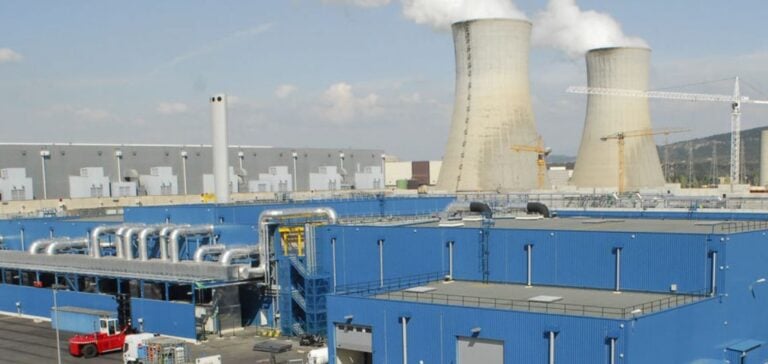On March 28, 2024, Vinci Construction announced that it had won the contract to extendOrano‘s Georges Besse 2 Nord uranium enrichment plant at Tricastin in the Drôme region of France. This project aims to increase production capacity by 30%, in response to the quest for energy independence from Russian nuclear fuel.
The contract, awarded by Orano to a consortium headed by Vinci Construction subsidiaries Dodin Campenon Bernard (leader) and Campenon Bernard Centre-Est, covers the civil engineering and structural works for the Tricastin plant. The work, costing several tens of millions of euros, will include the addition of two new sections to the three already completed by Vinci a decade ago. Mobilization for this project will start in summer 2024, with a planned duration of 32 months, including 25 months devoted to civil engineering operations. More than 170 professionals will be involved at the peak of the works, which will see the installation of 35,000 m³ of concrete, 4,500 tonnes of reinforcement, and 500 anti-seismic studs.
Increased capacity and energy autonomy
The €1.7 billion expansion project is designed to increase the enriched uranium capacity of the plant, inaugurated in 2011, by 30%. Orano aims to start production from this extension in 2028, to supply low-carbon energy to the equivalent of 120 million homes annually. This move is in line with the need to diversify sources of enriched uranium, following increased dependence on Russia’s Rosatom.
With only four major players in the enriched uranium market, including Rosatom (43%), Urenco (31%), CNNC, and Orano (12%), the extension of the Georges-Besse II plant is a strategic initiative aimed at rebalancing global distribution. It represents a significant step forward for France’s energy autonomy, but also for other Western countries, with the aim of reducing their dependence on Russian suppliers.






















